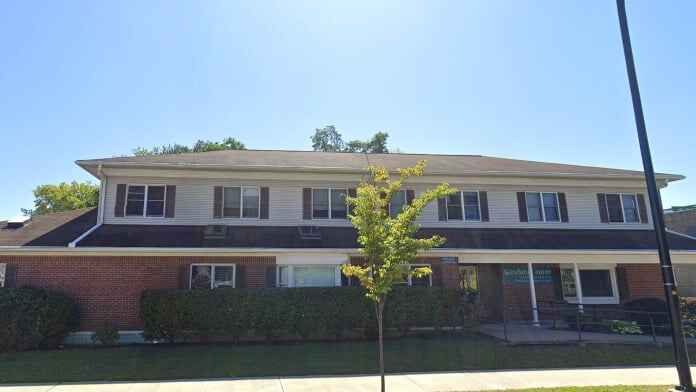About Gandara Center Addiction Recovery – Springfield
Gandara Center Addiction Recovery is a nonprofit organization offering culturally sensitive care in Springfield, Massachusetts. Since 1984, they’ve served people in the Latino Community struggling with addiction and co-occurring disorders. You’ll benefit from compassionate care that resonates with your culture and unique needs.
Their 42-bed residential recovery home offers services in Spanish. They prioritize members of the Latino, African American and LGBTQ+ communities. People experiencing homelessness, people in the criminal justice system, people with HIV/AIDS and people with disabilities are also included in their priority populations. Additionally, you must be a Massachusetts resident aged 18 or older to participate in their services.
What stands out most to me is their treatment stages. They divide care into five phases: assessment, adjustment, explorations, self-management and community reintegration. I like this approach because it sets up a flow in your journey. It also contributes to truly individualized care. Some stages may be harder than others based on your situation. Still, you’ll have time to work on each with the support of their team to foster healing and growth. You can live in treatment and access 24/7 continuous support with individual and group counseling, psychoeducational sessions, mental health support, harm reduction, relapse prevention training and 12 Step groups.
Another standout feature I noticed was their case management resources. Your case manager can link you to essential services to aid in recovery during and after treatment. You’ll benefit from healthcare coordination, criminal justice referrals and monitoring, educational and vocational training and court proceeding assistance. They strive to help you work on significant parts of your life for a smooth transition into long term recovery.
